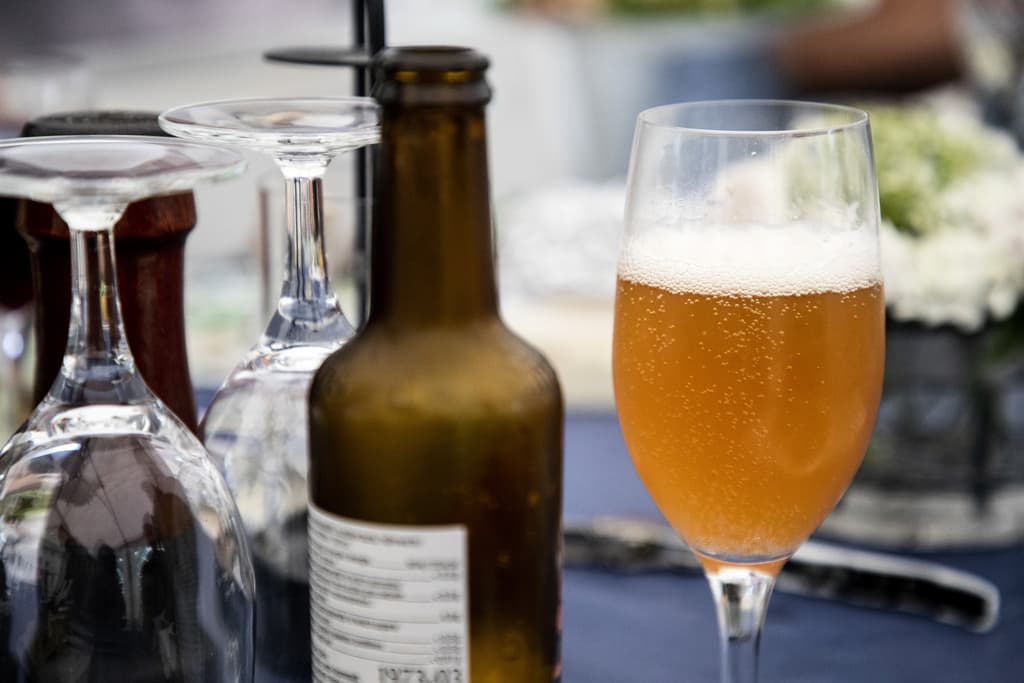The government does not assess that farm sales threaten the Swedish alcohol monopoly.
Finland's system for farm sales has been tested and accepted by the EU Court of Justice earlier. However, there are uncertainties.
A bill proposal on farm sales will be laid before the government this summer. If it becomes a reality, it will no longer be just Systembolaget that can sell alcohol, but also hundreds of small-scale Swedish beer, wine, and spirits producers.
Some argue that it would mean a risk for the Swedish alcohol monopoly to be broken up and that Sweden would have to allow also larger and foreign producers to sell alcohol.
Jörgen Hettne, professor of commercial law at Lund University, does not assess that the Swedish alcohol monopoly is threatened, and leans towards Finland, which has had farm sales since 1995.
In Sweden, it is proposed that everything from beer and cider to spirits should be available. In Finland, only fruit and berry wine and "craft beer" can be sold on farms.
The government assesses that around 600 Swedish producers are covered, and the relatively large number could lead to uncertainty about the issue ending up in the EU Court of Justice, according to Hettne.
Jörgen Hettne does not believe that a dispute in the EU Court of Justice would mean that Systembolaget's monopoly would be re-evaluated.
Instead, it would be a separate review of the conditions for farm sales, he says. That's what happened when Finland's system was tested. Had the Finnish conditions for farm sales been deemed invalid, the permit system for farm sales would have needed to be changed, not the alcohol monopoly Alko, Hettne means.
This has to do with the fact that the monopoly is mainly governed by Article 37 of the EU Treaty, while farm sales are regulated by Articles 34 and 36.






